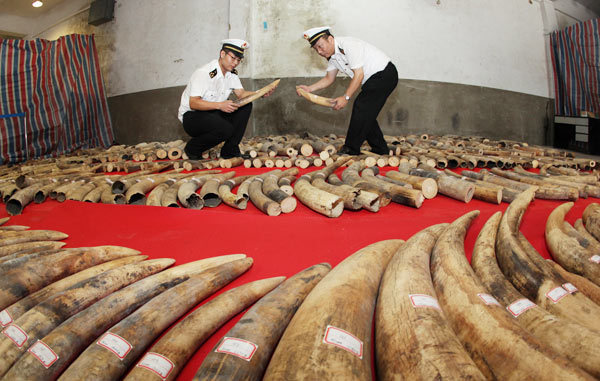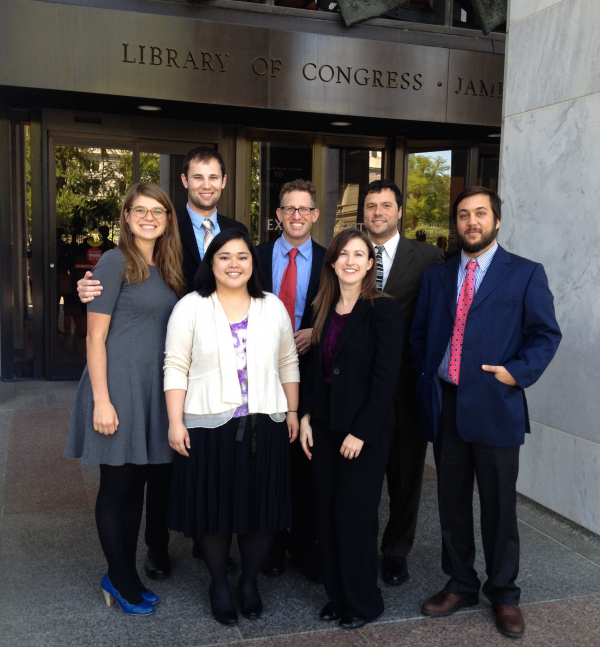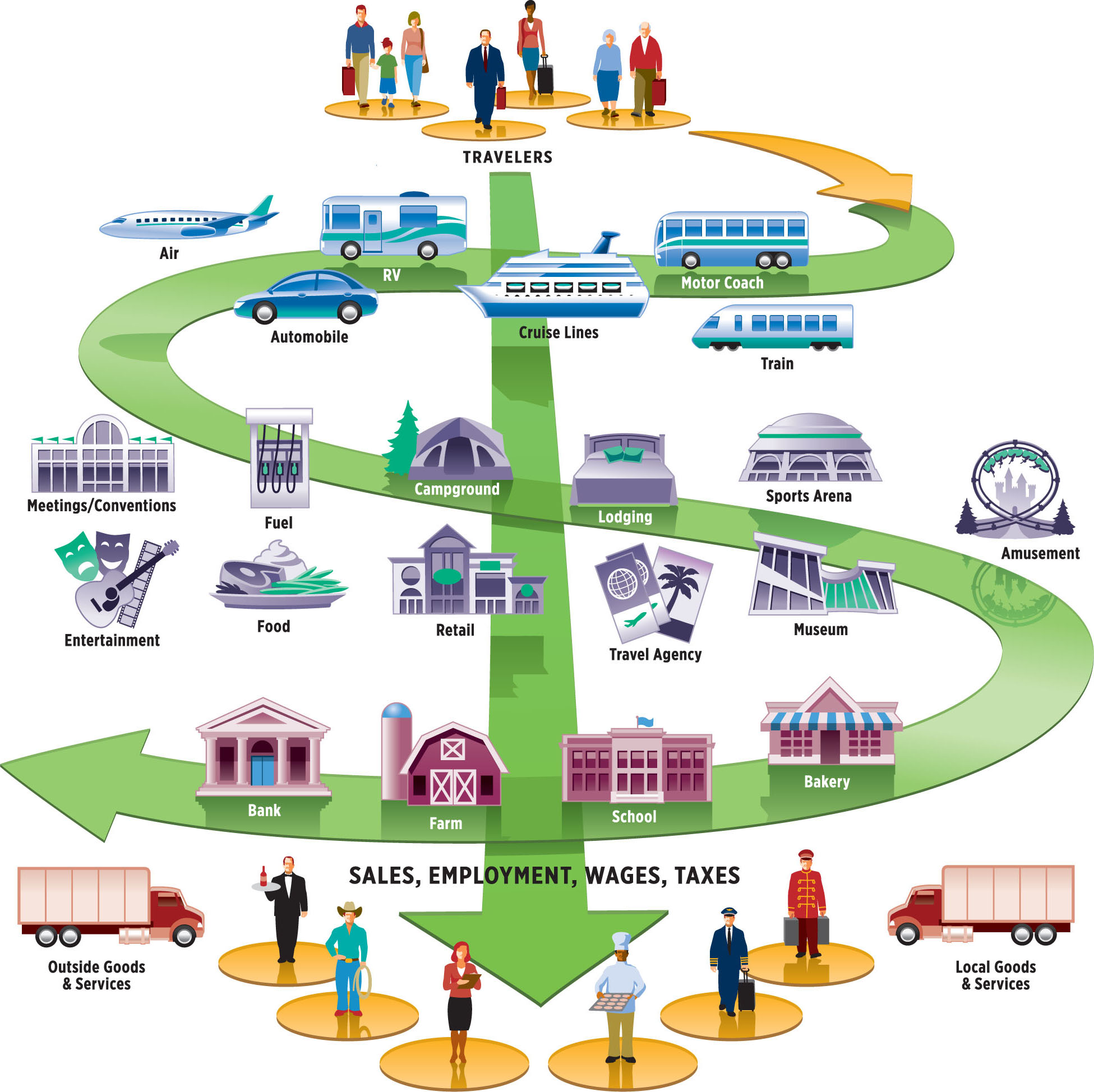This is a legacy site from a policy research project on global wildlife conservation, but I wanted to draw attention to three theses that I supervised on related topics: Brittany Horton – An Analysis of the Impacts of China’s Belt and Road Initiative on African Pangolin Conservation Leo Carter –… read more
Legacy Global Wildlife Conservation Site
This is a website with blog posts carried out by graduate students at the University of Texas, LBJ School of Public Affairs, for a year long course on Global Wildlife Conservation from 2014-2015. The sponsor was the Congressional Research Service (CRS). We wrote six papers for CRS on a range… read more
Reducing Consumer Demand for Ivory in China
This piece with Leo Carter was published in September 2016 in the Washington Post’s Monkey Cage blog: On Sept. 24, South Africa will open the 2016 CITES meeting — a gathering that could help determine the survival of the world’s remaining elephants, as well as other endangered species. CITES, the Convention on International Trade… read more
CITES CoP17: Will China Take the Lead in the Fight Against Illegal Ivory?
Behind the scenes at the G20 Summit in Hangzhou, Xi Jinping and Barack Obama agreed to enact the Paris climate agreement and a number of smaller policies aimed at reducing emissions from air travel and of hydro-fluorocarbons. Progress on efforts to combat catastrophic climate change prove that, despite their differences… read more
Washington Report
In April 2015, we concluded this year-long research project with presentations in Washington DC. We wrote six papers as part of this project which are proprietary to the client, the Congressional Research Service. Six students — Leo Carter, Caitlin Goodrich, LinhPhung Huynh, Cliff Kaplan, Delfina Rossi, and Wade Tanner —… read more
Multiplier Effect
While ecotourism provides clear, direct economic benefits to countries, those benefits are often underestimated, since the numerous inputs required to support the ecotourism industry are difficult to quantify. For example, items such as food, supplies, transportation, public works, infrastructure, and manpower are required to support ecotourism. Additionally, local citizens employed… read more
The Trans-Pacific Partnership and Wildlife Trafficking
As President Obama has been pitching the Trans-Pacific Partnership to voters and elected officials, he has meet fierce resistance from some of his fellow Democrats. The trade deal, still in the process of being negotiated, involves at present 12 Asian countries and is meant to facilitate freer trade among them.… read more
The Small Risks, Big Rewards, and Bigger Consequences of Poaching
As I mentioned in my first blog post, countries with weak rule of law (more specifically, weak enforcement of wildlife crime-related laws) can be particularly attractive sites for the capture, transit, and sale of illegal wildlife products. A key problem regarding illegal wildlife products vis-à-vis the acquisition and trade of… read more
We need a single international accreditation system for ecotourism operators
In the world of sustainability, the concept of accreditation or certification for “green,” “just,” or otherwise “sustainable” products is often applied in markets for which it is believed that some consumers would pay a premium for the “more responsible” product. Examples are easy to find. Here are a few. Ecotourism… read more
Debt-for-Nature and the Illicit Wildlife Trade
Debt-for-nature (DFN) swaps “involve the purchase of a developing country’s debt at a discounted value in the secondary debt market and canceling the debt in return for environment-related action on the part of the debtor nation.” The debt that is purchased is then returned to the debtor nation as equity in… read more






